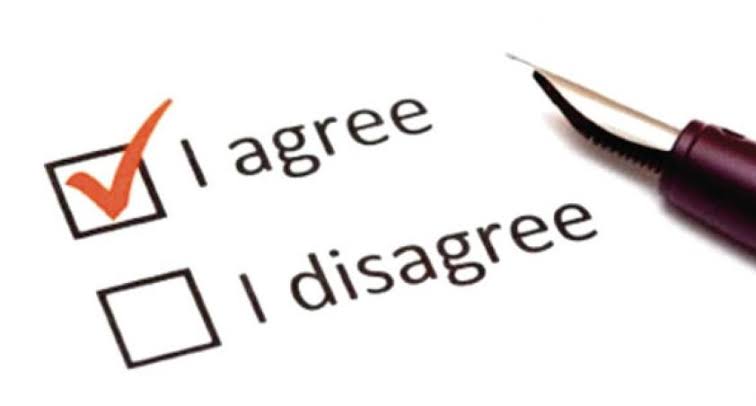When we hear the word consent, most people immediately think of sexual relationships.
While it’s necessary to talk about consent in that regard, we often look past the fact that consent goes far beyond the bedroom. In reality, consent is deeply political. It is a valuable tool in how our societies function—or fail.
In Nigeria where authoritarianism, gender inequality, corruption, and economic exploitation persist in everyday life, talking about political consent is not just important—it’s urgent.
What Is Political Consent?
Political consent is the idea that those affected by decisions should have the power to accept or reject them freely, without coercion or manipulation. It’s about autonomy, voice, and participation in social, political, and economic life.
If someone speaks on your behalf without consulting you, that’s a violation of one’s political consent.
If a government enacts policies that affect millions of its citizens without public engagement, that’s governing without consent.
If companies use your data, face, or work without asking, they are profiting from your silence, not your permission (I’m looking at you, AI peeps!)
The Myth of “Silent Consent”
In many Nigerian institutions—religious, political, academic, and traditional—power is often centralized. Leaders assume that people “agree” with decisions because they stay silent or endure them. But silence is definitely not consent.
Did students consent to fee hikes in public universities?
Did workers consent to losing fuel subsidies when there’s no functioning public transport?
Did poor communities consent to demolitions that left them homeless without resettlement plans?
The answer is often no. But the system is not built to ask.
In a healthy democracy, the people give consent to their leaders through transparent elections, public consultations, and accountability. But in Nigeria:
Elections are often dirtied by voter suppression, rigging, and violence.
National Assemblies pass bills that the public hasn’t read (and will never read).
Community voices are sidelined in policymaking processes.
This is not a democracy, but plain imposition.
Genuine consent requires clear information, the freedom to choose or reject, equal participation, and the total eradication of intimidation or manipulation. Without any of these, governing becomes authoritarian, even when it is disguised as a democratic language.
⚖️ Gender, Class, and the Politics of Consent
Consent can also be about power relations. When a woman is forced to stay silent at a town hall meeting or “wait for the men to speak first,” her political consent is being denied.
When poor traders are harassed off the streets by task forces they never elected, their consent is crushed by class power.
When LGBTQ+ Nigerians are criminalized without ever being heard or seen, the entire legal system is operating without their political consent.
Why Consent Must Be at the Center of Activism and Policy
If Nigeria is to become more just, more equal, and more democratic, we must put consent at the center of how we think about power. This means:
— Free and informed public participation in national decisions (not last-minute town halls or press releases)
— Digital and data consent before using people’s identities or information
—Labor rights and union participation in determining fair working conditions
—Gender equality in leadership, policy discussions, and access to resources
—Inclusive governance that involves youth, disabled persons, and marginalized communities, and not just elites
Consent Is Power
When we teach people that consent is only about sex, we limit their power.
Consent is about ownership of your life, body, voice, time, data, labor, and future.
It is the foundation of justice.
So the next time a decision is made about you—by government, employer, religious leader, university, or even a brand—ask:
“Did I agree to this?”
“Was I consulted?”
“Do I have the power to say no?”
If the answer is no, then the system is operating without your consent. And that, my people, is political.
Written by Mayọwa Ọladapọ.



